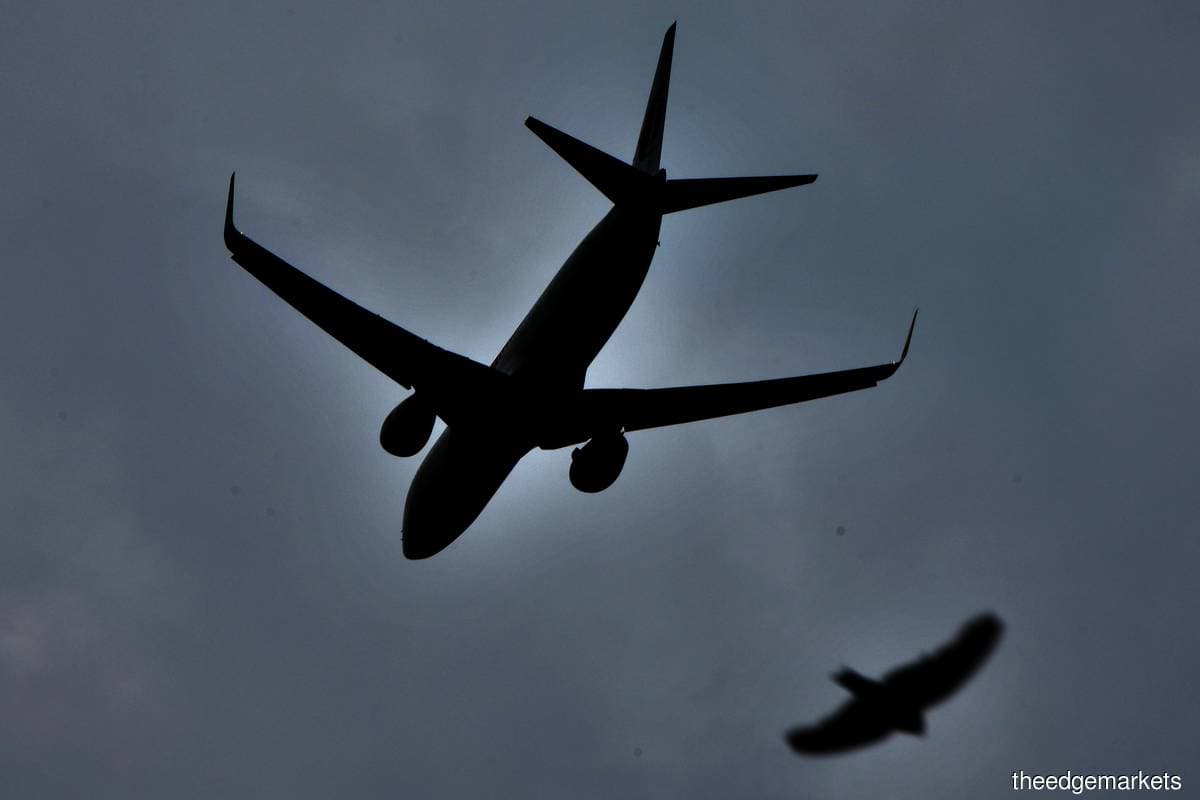
KUALA LUMPUR (Feb 8): Shares in aviation-related counters AirAsia Group Bhd — soon to be called Capital A Bhd — AirAsia X Bhd (AAX) and Malaysia Airports Holdings Bhd (MAHB) rose in the afternoon session after the National Recovery Council (NRC) agreed that Malaysia’s international borders should be fully reopened from as early as March 1 without compulsory quarantine for Covid-19.
Opening at 56.5 sen, shares of AirAsia traded sideways before rising towards the closing bell to close at an intraday high of 66 sen — 9.5 sen or 16.81% higher. A total of 84.34 million shares changed hands. At 66 sen, the low-cost carrier is valued at RM2.75 billion.
Its related counter AAX opened unchanged at 4.5 sen and added 1.5 sen or 33.33% to close at six sen with 62.77 million shares traded. At six sen, the long-haul low-cost airline is valued at RM248.89 million.
MAHB emerged as one of the top gainers after it gained 38 sen or 6.63% to RM6.11, with 3.33 million shares changing hands.
The airport operator initially opened three sen or 0.52% higher before climbing to an intraday high of RM6.14. The group is valued at RM10.14 billion at the closing price of RM6.11.
The NRC’s decision was made after a meeting on Tuesday where the council reviewed a proposal by Immigration Department director-general Datuk Seri Khairul Dzaimee Daud to reopen national borders.
NRC chairman Tan Sri Muhyiddin Yassin said the reopening of national borders must be implemented strategically and based on concurrent assessment of risks.
He also revealed that notwithstanding the reopening of Malaysia’s borders, Covid-19 screening tests would have to be conducted in accordance with Ministry of Health requirements for travellers departing and arriving in the country.
The NRC also proposed to streamline all financial assistance for micro, small and medium enterprises by different government funding agencies, so that the initiatives can be implemented systematically to optimise utilisation of resources, as well as to reduce overlaps and to ensure more affected parties receive the necessary aid.


